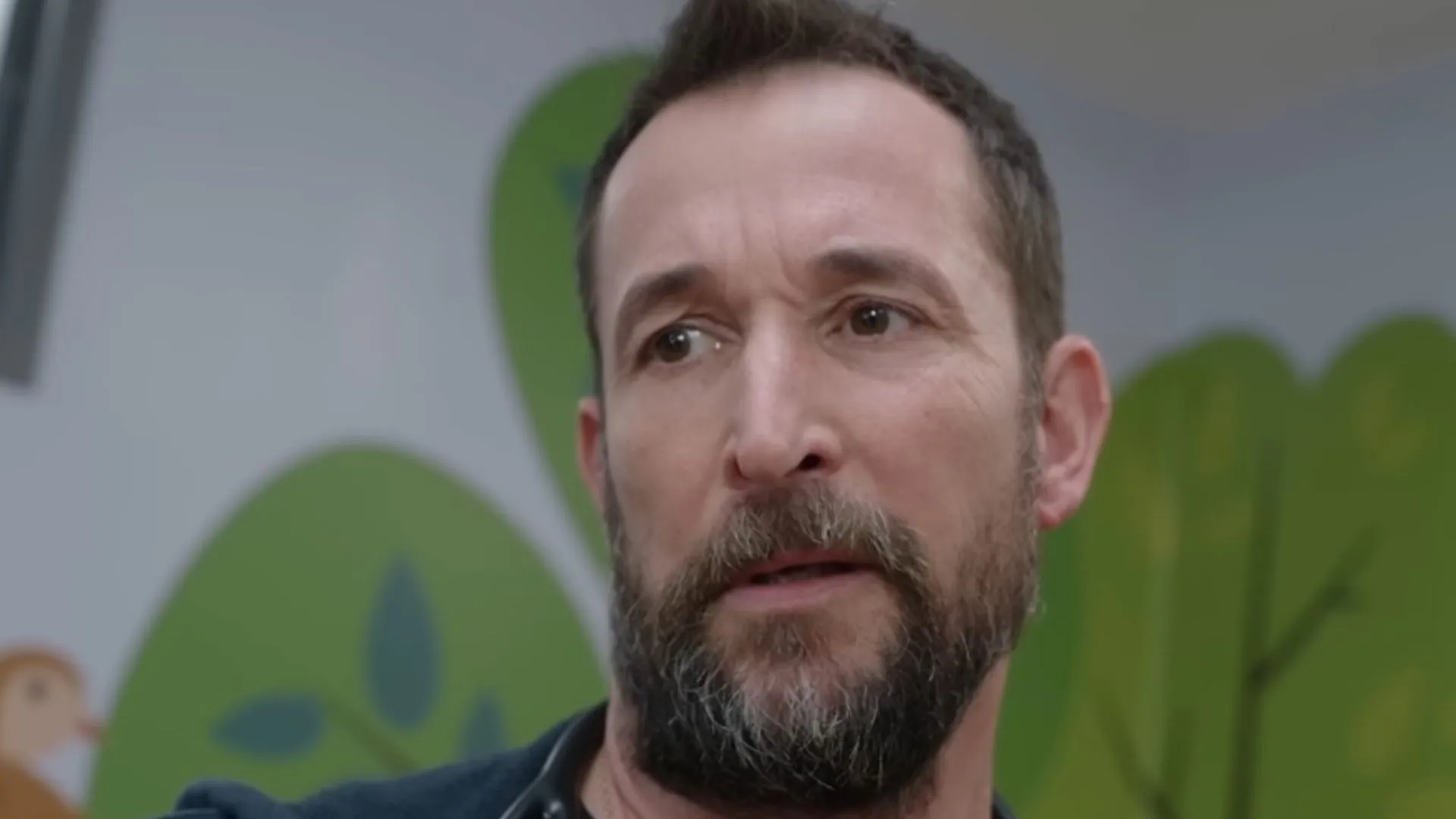Game of Thrones: The Shocking Secrets Behind the Series That Will Leave You Speechless!
The world of Westeros, filled with dragons, direwolves, and an intricate web of political intrigue, has captivated audiences since the debut of Game of Thrones in 2011. Based on George R.R. Martin’s series of fantasy novels, the show quickly became a cultural phenomenon, known for its complex characters, unexpected plot twists, and high production values. As the dust settles on its final season, many fans are left pondering the secrets behind the series that made it so compelling.
One of the most striking features of Game of Thrones is its complex characters. Unlike traditional narratives where heroes and villains are distinctly defined, the series presents morally ambiguous figures that challenge viewers’ perceptions. Characters like Jaime Lannister and Tyrion Lannister often oscillate between heroism and villainy, prompting audiences to question their own values and the nature of morality. This complexity is a hallmark of the series, as it encourages a deeper exploration of human nature.
The unexpected deaths of major characters added to the show’s allure, setting a precedent for unpredictability. The shocking demise of Ned Stark in Season 1 sent shockwaves through the fanbase, establishing that no character was safe. This narrative choice kept viewers on the edge of their seats, as they grappled with the reality that their favorite characters could meet untimely ends at any moment. The brutal reality of the series has been a topic of discussion, with many fans expressing their disbelief and frustration over the fates of beloved characters like Robb Stark and Khal Drogo.
In addition to its character-driven storytelling, Game of Thrones is steeped in political intrigue. The series mirrors real-world politics, showcasing themes of power, betrayal, and the consequences of ambition. The ruthless power struggles among the noble houses of Westeros reflect historical events and political dynamics, making the narrative resonate on a deeper level. As viewers witness the rise and fall of leaders, they are prompted to consider the moral implications of their actions and the often harsh realities of governance.
The show’s diverse storylines and multiple intertwining plots create a rich tapestry that keeps viewers engaged. From the Stark family’s struggles in the North to Daenerys Targaryen’s quest for the Iron Throne, each character’s arc contributes to a larger narrative. This complexity allows for a wide range of interpretations and discussions among fans, fueling a passionate community that thrives on theories and speculation. The depth of the storytelling is a testament to the writers’ ability to weave intricate narratives that captivate audiences.
The cultural impact of Game of Thrones cannot be overstated. The series has spawned countless memes, merchandise, and even academic studies examining its themes and characters. Phrases like “Winter is Coming” have entered the lexicon, and the show’s influence is evident in various forms of media. The fandom surrounding the series has created a vibrant community where fans share theories, fan art, and discussions about their favorite moments and characters.
One of the standout features of Game of Thrones is its production value. Renowned for its high-quality sets, costumes, and special effects, the series brings the fantasy world of Westeros to life in stunning detail. The meticulous attention to detail enhances the viewing experience, immersing audiences in a world that feels both real and fantastical. The dedication of the production team has set a new standard for television, showcasing what is possible in the realm of storytelling.
The show has also generated a plethora of fan theories and discussions, particularly surrounding unresolved plot points and character fates. Fans have speculated about everything from the identity of Azor Ahai to the true nature of Bran Stark’s powers. These theories have fostered a sense of community among viewers, as they engage in spirited debates and share their interpretations of the narrative. The ongoing discussions highlight the show’s ability to provoke thought and inspire creativity among its audience.
However, the transition from George R.R. Martin’s books to the screen was not without its challenges. The adaptation challenges faced by the creators led to significant changes in character arcs and plotlines, sparking debates among fans about fidelity to the source material. While some viewers embraced the creative liberties taken by the showrunners, others expressed disappointment over the divergence from the novels. This divide has fueled conversations about the nature of adaptations and the balance between honoring the original work and crafting a compelling television narrative.
At its core, Game of Thrones explores profound themes of power and morality. The series delves into the corrupting influence of power, showcasing how ambition can lead to betrayal and destruction. Characters are often faced with moral dilemmas that force them to confront their values and the consequences of their actions. This exploration of ethics prompts viewers to reflect on their own beliefs and the complexities of human nature.
As the series concluded, its legacy and spin-offs continue to expand, indicating its lasting popularity and cultural significance. HBO has announced several prequels and spin-offs, allowing fans to revisit the world of Westeros and explore new stories within this rich universe. The enduring fascination with Game of Thrones speaks to its impact on popular culture and the way it has reshaped the landscape of television storytelling.
In conclusion, the secrets behind Game of Thrones reveal a complex tapestry of storytelling, character development, and cultural impact. From its morally ambiguous characters to its high production values, the series has left an indelible mark on television history. As fans continue to discuss and dissect its themes, the legacy of Game of Thrones will undoubtedly endure, inspiring future generations of storytellers and viewers alike.





Leave a Comment